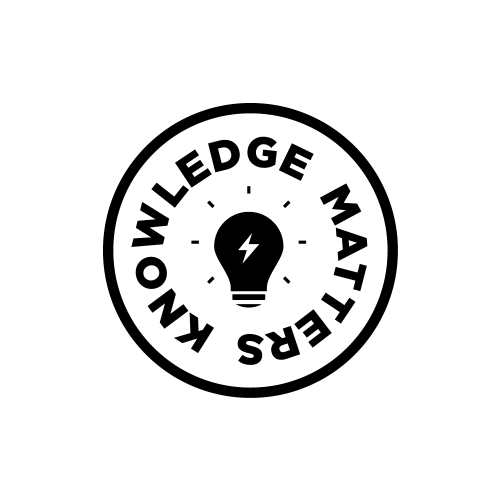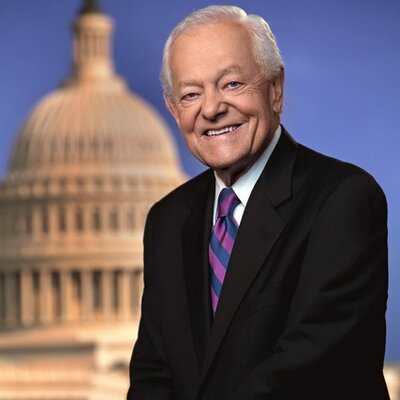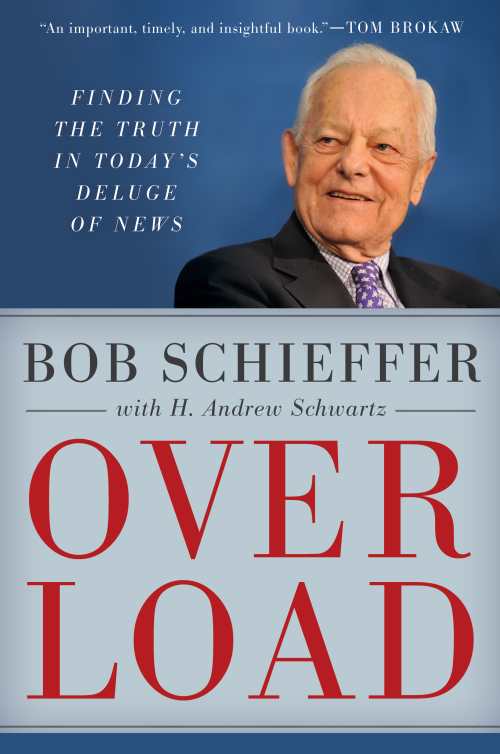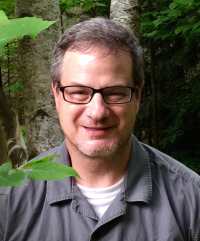Veteran Newsman Bob Schieffer Helps Us Search for the Truth Amid Info Overload
Something happened along the way to the free-information utopia envisioned by the Internet’s pioneers. It became infested with liars and hucksters. And the result is … well, we’ve lived it every day here in the United States since Inauguration Day.

At my first newspaper job in the early ‘80s, I wrote my articles on a manual typewriter for a few months until a glowing-green word processor finally arrived at my desk. It couldn’t really do much except make typing a little easier. There was no Internet, no Google, no Twitter. If I wanted to get information, I picked up the phone and called sources, met with them over coffee, or headed over to the local library. If I got a fact wrong, I owned the mistake.
Today, bad information can make its way around the world in seconds through social media. President Trump and his supporters (both real and Twitter bot) can amplify a lie. Rush-to-judgment social-media shaming can turn a person quoted out of context into an international pariah in minutes. Falsehoods can travel the world and become “true” because lazy news outlets have reported it as true.
No, I don’t want to go back to the information Stone Age, when I clacked out stories that were already outdated when the newspaper’s morning edition appeared on the doorstep. And neither does veteran newsman Bob Schieffer, the former host of CBS’s Face the Nation, longtime presidential debate moderator and now coauthor of Overload: Finding the Truth in Today’s Deluge of News (Rowman & Littlefield), reviewed in our upcoming September/October edition of the magazine. But Schieffer does have a great deal to say about how to apply the journalism standards members of his generation were trained to uphold to a new world of good and bad information. I thought an interview with one of my old news heroes would be perfect for our #KnowledgeMatters series this month.
We talk below about the 2016 election, gatekeepers, and even about political comedy.
You (and I) come from a time when journalists were the necessary sole gatekeepers of information. You don’t want to go back to those days, do you?

Bob Schieffer: 'These days stuff pops up on the web that much of the time is made up out of whole cloth.'
No, that would be impossible. But it was more orderly in those days. Most people got their news from the three networks on their local newspaper and they assumed that those local papers and the networks had gone to the trouble of checking stories out and didn’t publish or broadcast them unless they were convinced they were true. These days stuff pops up on the web that much of the time is made up out of whole cloth.
Did the media place Donald Trump in office through overcoverage of his antics during the campaign?
I go into considerable detail about this in the book. The country wanted change and Trump was able to cut through the clutter with a message that hit home with many Americans who felt they were being ignored by the government. Hillary Clinton was never able to craft a message that reached those people or younger Americans.
Trump’s hostility toward the news media borders on incitement to violence, or at least censorship. How can the media fight back?
We are not the opposition party, we are reporters. Politicians deliver a message, our job is to ask questions about it and determine what impact it will have on our citizens. The most powerful weapon we have is to ask questions and keep asking until we get an answer.
How do you get your information? What do you read and watch? How do you know the news you’re getting is credible?
I start the day reading the New York Times, the Washington Post, and the Wall Street Journal. I watch the Morning News broadcasts and when I get to the office, I have three news channels going on my office monitors. I have confidence that main stream outlets don’t publish unless they are convinced their information is correct. But to stay informed I would never depend on only one source. I draw on a variety of sources.
You asked “why did the choice (in the 2016 presidential election) come down to these two?” Why did it?
In the book, I argue that the awful state of our politics has made running for office so odious, that our best and brightest citizens want nothing to do with it. We must find ways to convince our brightest young people that public service is important and can make a difference. Like all grandmothers, my grandmother thought I would be president someday but how long has it been since you heard anyone say, “I hope my child grows up to be a politician.” We have to change that.
Has political comedy been more helpful or harmful to crafting reliable news?
Actually I believe parody—taking things a step beyond where they really are– helps us understand complex issues. It has always been a part of American journalism. After all, the editorial page cartoonist is the only newspaper staffer who has the right to lie but that seems to have worked well over the years. But you can’t be truly informed if your only news comes from the newspaper cartoon any more than if your only TV news came from comedy shows. You have to be up on the news to get the jokes.
You’ve seen many changes in journalism in your career. Are you optimistic about the future of the profession?
Yes, a democracy cannot function unless its citizens have access to independently gathered information which they can compare to the government’s version of events so we’ll always need reporters.

Howard Lovy is executive editor at Foreword Reviews. You can follow him on Twitter @Howard_Lovy
Howard Lovy
